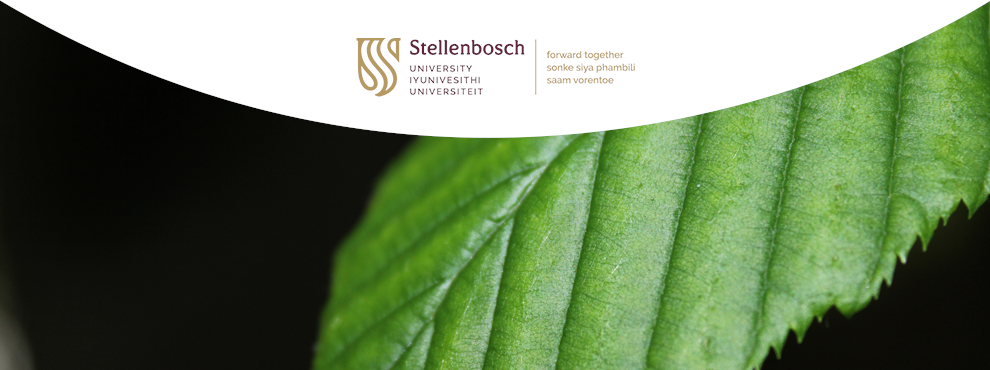News
This is how Stellenbosch University saves water |
| Posted by Administrator (admin) on Feb 01 2017 |
In Stellenbosch the use of tap water - distributed by the council – is currently limited to category 3 water restrictions. These restrict the use of potable water for irrigation of gardens and sport fields. Watering with hosepipes and sprayers as well as the use of portable pools is prohibited.
Stellenbosch University also makes use of other water resources such as the Eerste River and other local storage dams for the irrigation of landscaping, sports fields and research sites on campus. A registered quota exists for the use of water from these resources.
Irrigation is scheduled by an automated system and typically takes place at night when there is less evaporation. The minimum amount of water is currently being used to prevent placing the grass, plants and trees under stress, which can consequently lead to plant diseases. The automated irrigation system controls the area north of Victoria Street and activates the irrigation between 19:00 and 07:00. The area south of Victoria Street is managed manually at night.
Sometimes the irrigation system is, however, switched on during the day to test the automated system, perform maintenance and irrigate areas that have not been irrigated during the night due to a faulty automated system. Irrigation schedules are occasionally adjusted to accommodate events and construction activities on campus.
Category 3 water restrictions are effective on the Tygerberg and Bellville Park campuses. Irrigation of landscaping and sports fields takes place using alternative water resources, including a borehole, and water from dams and rivers.
If you notice any defects in our irrigation system or any other water wastage please report these to our help desk at (021) 808-4666 as soon as possible so that we can act accordingly and save water.
The University is committed to environmental sustainability and our water resources are a vital element of this. Various initiatives are being investigated and implemented to enable us to manage and use water resources as responsibly as possible.
Water-saving initiatives that are currently being implemented include:
- The planting of indigenous and endemic species which require less water than exotic species,
- The use of permeable paving to recharge underground aquifers,
- The design of water retaining landscapes that allows for the absorption and storage of water,
- Re-use of grey water,
- Water-saving shower heads,
- Ongoing testing and repair of water leakages, and
- Sustainability projects focused on reducing the use of water.
Last changed: Feb 01 2017 at 3:11 PM
Back